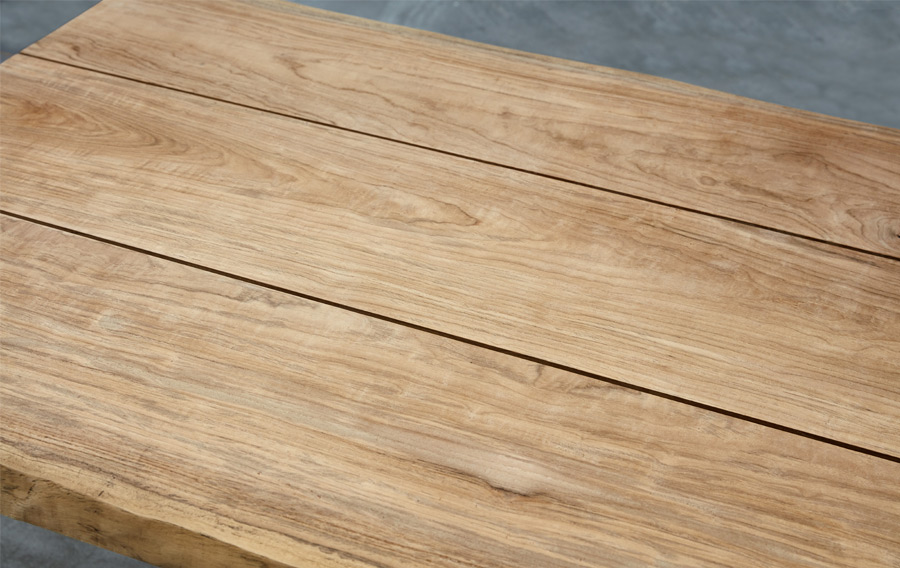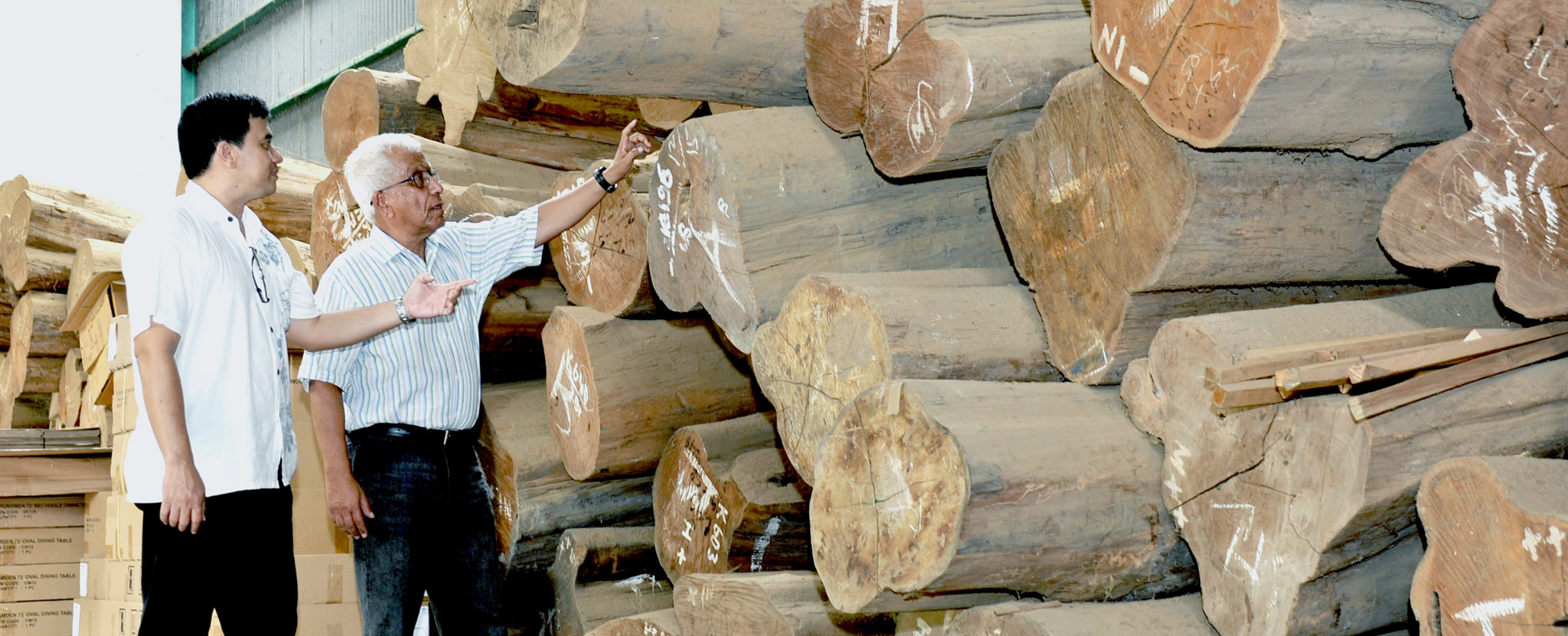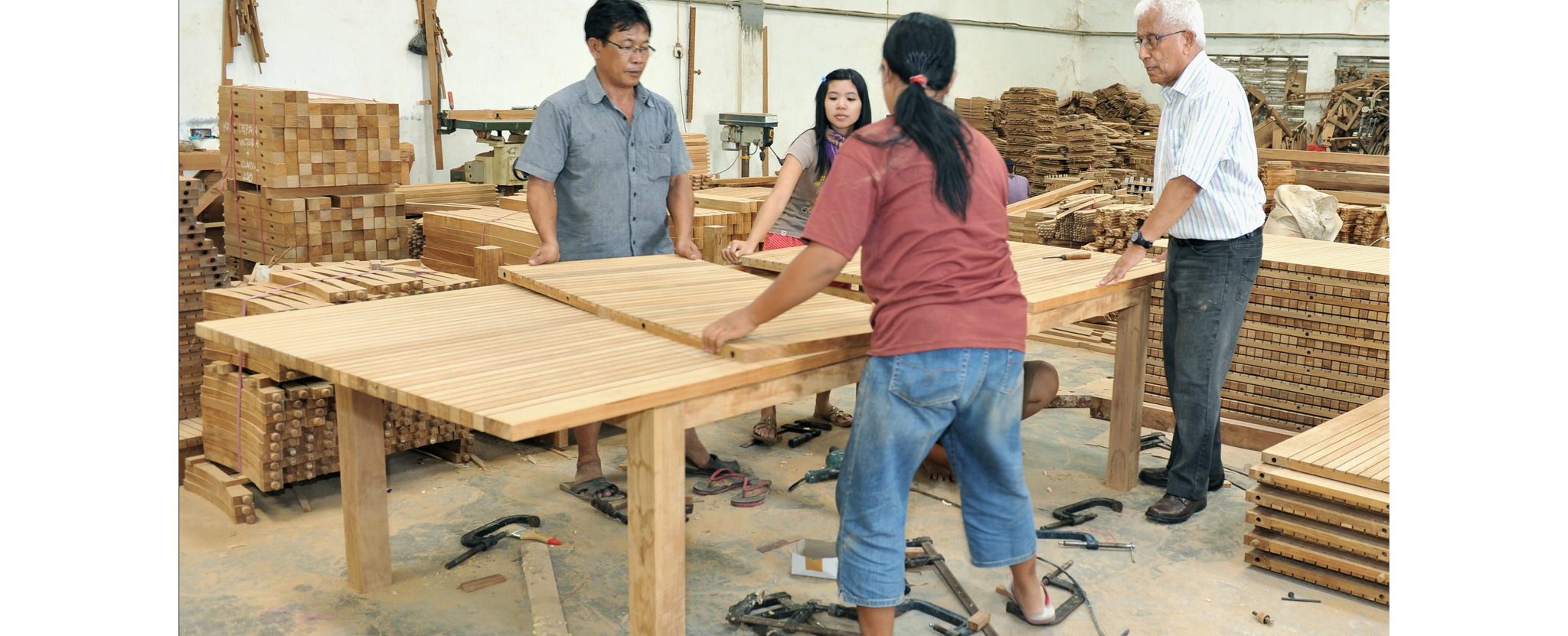While Indonesia’s craftsmen are famed for their wood carvings and timber masterpieces, it’s no secret that the nation has struggled with the scrutiny associated with the deforestation practices that the accompany trade.
Indonesia’s environmental issues have not only proven disastrous to the livelihoods of small to medium sized enterprises, but also to the environments they have been sourced from. 2017 proved to be the second worst year in the history of deforestation to their fragile rain forests with millions of animals becoming displaced as a result.
Particular animals whose precious ecosystems have been threatened include the orangutans, the Sumatran rhino, local tigers as well as elephants. Habitat loss has seen the decline of these critically endangered species, all of them finding themselves on the World Wildlife Federation’s (WWF) conservation lists.
While the bulk of this wood is being used for production of toilet paper and necessities of the like, little work has been undertaken in safeguarding the holistic welfare of those whose livelihoods depend on a healthy rain forest, from the animals that coexist in those areas to the humans attempting to support their families through the wood trade.
To combat the issue, in 2017, discussions took place in the nation’s capital to resulting in new licensing protocol aimed at certifying sourcing practices of businesses using wood. The governing body known as FLEGT (Forest Law Enforcement, Governance and Trade) has been championing this new method and boy, have they been busy.
FLEGT licensing certifies that wood has been sustainably sourced and is a foundational step that should open more doors for Indonesian artisans. One location would be within European markets, an area that boycotted much of the woodworks coming out of Indonesian “wood works”. This initial ban occurred in 2010 and outlined preconditions that needed to be fulfilled before wood trade between the countries could be feasible. Importers needed to show documentation of their entire processing chain, ensuring more care is taken into sourcing appropriate timber. With the new reforms coming into play, more artisans will be able to source and sell sustainable wooden art, reaching new markets.
Other initiatives undertaken at present to preserve Indonesian rainforests are largely executed by consumers. As more and more people become informed about the dangers of deforestation, their purchase dollar is acting as a vote in electing the types of practices they accept and expect of companies. More and more individuals are purchasing sustainable timber for companies like Jati, understanding that investing in carefully designed furniture not only looks incredible, but helps the world at large.
We at Jati are dedicated to ensuring that all of our pieces are not only extremely beautiful, but sustainable too, ensuring that we are helping local artisans reach their potential and the environment in the process. By purchasing a sustainable wooden item from us you’re showing perpetrators of deforestation that their practices are unacceptable and not worth the tragic consequences they produce. Choose the rainforest, choose Jati.




